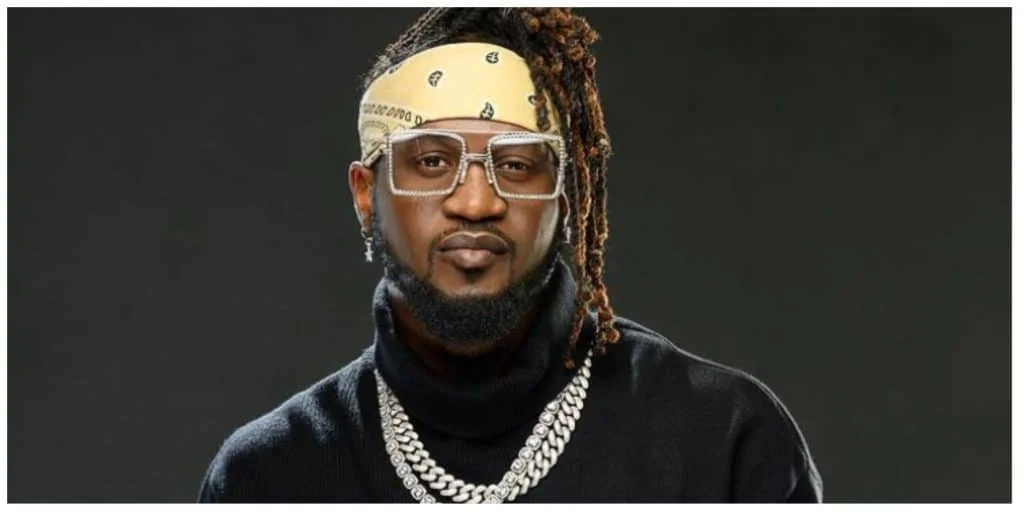In a country where celebrity status often teeters between idol worship and public scrutiny, accusations of sexual misconduct can ignite a national firestorm.
Now, with Paul Okoye — one-half of the iconic P-Square duo — at the center of swirling rape allegations, Nigeria once again finds itself grappling with uncomfortable questions about power, accountability, and justice in the world of fame.
But this isn’t new territory.
Over the past decade, Nigeria has seen a wave of high-profile sexual assault and rape allegations involving well-known figures — from musicians to actors, clergy to influencers.
Some cases made it to courtrooms, others played out in the court of public opinion. A few sparked movements, others fizzled out in silence. Each one, however, left behind lessons — about the culture of silence, the influence of celebrity, and the fragile pursuit of truth in the face of fame.
As public attention zeroes in on the allegations against Okoye, it’s worth revisiting five earlier cases that shook Nigeria’s entertainment and media landscape.
What happened, how did it end — and what do they reveal about how we treat allegations when a familiar face is in the dock?
Let’s take a closer look.
D’banj (Oladapo Oyebanjo)
In 2020, Seyitan Babatayo alleged that D’banj raped her in 2018 at a hotel in Victoria Island.
The allegation included claims she was subsequently harassed, detained, then coerced to retract her statement.
The Nigeria Police Force and the ICPC reportedly cleared D’banj of the allegation. They asserted there was no medical report or strong corroborative evidence. The complainant later withdrew the petition.
Peruzzi (Tobechukwu Victor Okoh)
A woman using the handle Princess (@Jayamah22) accused Peruzzi of rape, claiming it happened in 2012. The accuser alleged that the artist forced himself and tore her clothes; the case was raised on social media, not in a formal court at first.
Peruzzi denied the claims, openly stating he is not a rapist. The case did not lead to formal legal action, as far as public records show.
Biodun Fatoyinbo (Pastor, COZA)
In 2019, Busola Dakolo alleged that Pastor Biodun Fatoyinbo raped her twice when she was a teenager, claiming the assaults took place when she attended his services.
Fatoyinbo denied the allegations. Legal observers note that a court later dismissed the case on statute‑of‑limitations grounds i.e. the time allowed for bringing charges had expired.
Baba Ijesha (Olanrewaju James)
In 2021, Baba Ijesha, a Nollywood actor, was accused of sexually abusing (defiling) a 14‑year‑old child. The case gained lots of attention, including through media, law enforcement, and civil society.
Also Read: Cooking Gas Price in Nigeria Crashes by 21% per kg — Massive Relief for Consumers
He was arrested; police reports and investigations followed.
Theo Ukpaa
Alleged rape by Emilia Samuel. The accusation is that when she was a contestant for a pageant organised by the TV station, he assaulted her in 2008. The allegation resurfaced in public discourse some years later.
Theo Ukpaa denied the allegation. No public record indicates the case proceeded to a final conviction. Also, he lost his position in media related to the allegations.
What These Cases Teach Us
1. Allegations vs. Convictions
Many high‑profile accusations never lead to convictions, often due to insufficient evidence, withdrawals, or legal technicalities. Public discourse and media attention do not equal legal resolution.
2. Role of Social Media
These accusations tend to surface first on social media. While this increases visibility, it also complicates issues of verification, legal standards of proof, and the danger of defamation claims.
3. Statutes & Legal Hurdles
Older allegations frequently face issues like statutes of limitations. Also, lack of medical documentation, eyewitness evidence, or official reports can stall cases.
4. Damage to Reputation, Regardless
Even when legal outcomes are “not guilty,” “case dismissed,” or no charges, reputational damage often endures. Careers, public trust, endorsement deals, and relationships can suffer.
5. Importance of Due Process
For both alleged victims and the accused, the legal system—if fair and efficient—should be used. Transparently documented investigations, court records, medical reports, and consistent media reporting matter.







